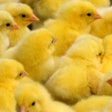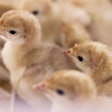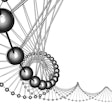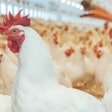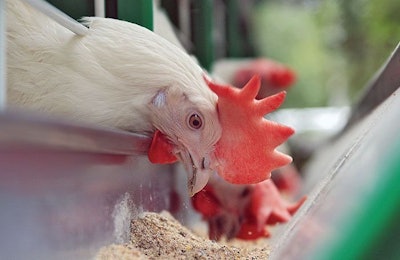
For this blog post, I don't want to discuss pandemics or viruses. I would like to talk about the difficult balance between profitability in the poultry industry, demands of lobbyists, the environment, product quality and the end consumer.
In some countries, new strains of slower-growing birds that impact production efficiency are en vogue. I read an article about it and I was surprised by the statements made by a U.S. producer of these birds. He said that he was giving up feed conversion and fast growth, and emphasizing quality, that no one seems to take seriously.
I am surprised at the quality comment, as it is a feature that the industry has been constantly working on, in both production and processing. The poultry industry is full of standards, procedures, good practices, critical points of control, and even import bans, all of which are pervasive witnesses to the poultry industry.
We all know, however, that when feed conversion is decreased, more money is spent. More chickens need to be produced to achieve the same amount of meat, more land is used to obtain raw materials, more water is used for production and processing, and more chicken manure is generated to be reincorporated into the environment.
These production deficiencies (I would call them so) impact the consumer's pocket, as chicken is more expensive and affects the environment. But I do not think they are concerned about this in the developed world, which has been swooped down upon by lobbyists. In the rest of the world, we have to take care of this aspect.
And, well, I think in the end I’ll mention something about the COVID-19 pandemic. How can we afford these luxuries of poor feed conversions and more expensive chicken? It must be remembered that many people have lost their jobs and need affordable food.
Finally, let us be curious. I want to use the concept of the philosopher Theodore Zeldin that in science we have to analyze objects that seem dangerous, reduce them to small parts and analyze those pieces. We need to use knowledge more to see those tiny parts and come up with a solution for all.
So why don't we break down and analyze what is right for us and get to a balance?
What do you think?









